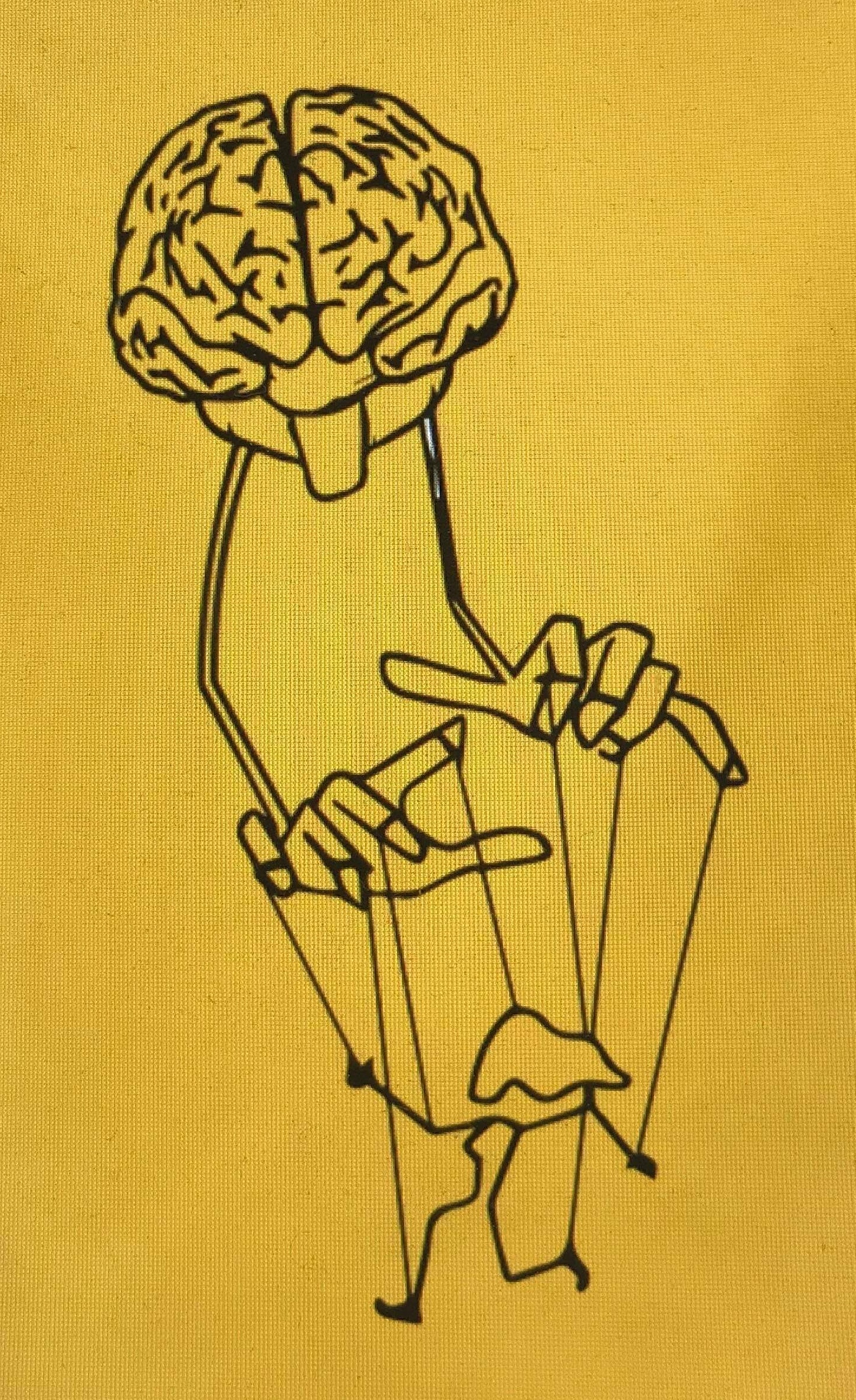 Artists have for long been experimenting with the emotional power of the moving body and the moving image – through dance, video and other performance. But why do certain movements affect us so much? Can they make us feel or think differently about ourselves, others, and the space around us? Can science and art build new ways of moving us?
Artists have for long been experimenting with the emotional power of the moving body and the moving image – through dance, video and other performance. But why do certain movements affect us so much? Can they make us feel or think differently about ourselves, others, and the space around us? Can science and art build new ways of moving us?
In this unique collaboration between cognitive scientists, renowned and new generation artists, Tate Exchange will invite visitors to actively explore unexpected aspects of their perception of movement, in a series of immersive and interactive installations.
About CREATE (Centre for Research in Experimental Aesthetics, Technology and Education)
CREATE (Centre for Experimental Aesthetics), at the University of London, connects the humanities to the neurosciences, to advance our understanding of how culture works, and how the arts and new technologies affect our bodies and minds. A collaboration between the University of London, Ludwig Maximilian University and renowned plus new generation artists.
 Congratulations to Jurgis Karpus who was awarded a grant from the Junior Research Fund for postdoctoral researchers under the LMUexcellent initiative at LMU-Munich. Jurgis says: “I’m hugely excited about the opportunity this grant provides me to investigate deeper our recently discovered phenomenon of algorithm exploitation—human willingness to exploit benevolent AI. My first task is to investigate whether people’s willingness to exploit cooperative artificial agents is prevalent across cultures.”
Congratulations to Jurgis Karpus who was awarded a grant from the Junior Research Fund for postdoctoral researchers under the LMUexcellent initiative at LMU-Munich. Jurgis says: “I’m hugely excited about the opportunity this grant provides me to investigate deeper our recently discovered phenomenon of algorithm exploitation—human willingness to exploit benevolent AI. My first task is to investigate whether people’s willingness to exploit cooperative artificial agents is prevalent across cultures.”

 We live in the age of persuasion. From the outcomes of political campaigns to our stand on issues such as global warming, immigration crisis and taxation, the fate of the most critical issues in our public life depends on persuaders working to influence public opinion. The research on social influence has been dominated by the motivation to understand the mind of the targets of influence (e.g. consumers, voters) in order to exert even more influence on them. Far less is known about the cognitive and neurobiological underpinnings of the source of the influence (e.g. spin doctors, financial advisers, pundits etc). This evening’s seminar and discussion will be devoted to better understanding influence deployed from the source rather than the target.
We live in the age of persuasion. From the outcomes of political campaigns to our stand on issues such as global warming, immigration crisis and taxation, the fate of the most critical issues in our public life depends on persuaders working to influence public opinion. The research on social influence has been dominated by the motivation to understand the mind of the targets of influence (e.g. consumers, voters) in order to exert even more influence on them. Far less is known about the cognitive and neurobiological underpinnings of the source of the influence (e.g. spin doctors, financial advisers, pundits etc). This evening’s seminar and discussion will be devoted to better understanding influence deployed from the source rather than the target. The Summer Institute brings together talented young researchers and renowned scientists from around the globe and aims to spark a dialogue about decision making under the real world constraints of limited time, information, or computational power. The Summer Institute offers a forum for young scholars from various disciplines to share their approaches, discuss their research, and to inspire each other. The program will cover the fundamentals, methodology, and recent findings on bounded rationality.
The Summer Institute brings together talented young researchers and renowned scientists from around the globe and aims to spark a dialogue about decision making under the real world constraints of limited time, information, or computational power. The Summer Institute offers a forum for young scholars from various disciplines to share their approaches, discuss their research, and to inspire each other. The program will cover the fundamentals, methodology, and recent findings on bounded rationality.